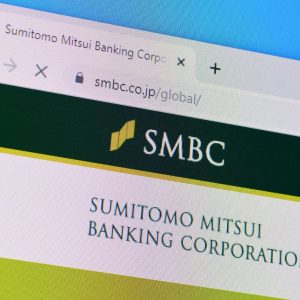
Paidy, which instantly issues post-pay credit service for ecommerce consumers, does not need pre-registration or a credit card to use.
The company’s consumers buy products online using a mobile phone number and email address. According to Paidy, verification is established by entering a four-digit code sent through SMS with all the purchases made by the customer settled in a single monthly bill.
Paidy, which also supports installment and subscription payments, boasts of more than 1,500,000.
Paidy founder and executive chairman Russell Cummer said: “We are extremely honoured that Paidy’s business concept was highly valued by the world’s largest payment network, Visa. Through this tie-up, we expect to deliver Paidy’s frictionless and intuitive transactional credit to a much broader audience.
“Furthermore, by adding new payment functions and diverse financial services, together with Visa, we can promote our vision of removing barriers and create unique consumer experiences for as many people as possible.”
Along with its investment in the Japanese firm, Visa will also be partnering with it on new digital payment experiences to widen the choice for Japanese consumers when purchasing online and in-store.
Paidy said that it has a common objective with Visa which is to provide consumers more convenient alternatives to existing popular payment methods, such as cash on delivery.
The Japanese firm said that its collaboration with the payments technology giant will also support its expansion into new forms of services for their customers.
Visa Asia Pacific regional president Chris Clark said: “We have been following Paidy’s progress and the enhanced shopping experience they provide at the time of purchase.
“In Japan there is enormous opportunity to bring consumers more options to pay, whether all at once or in instalments, especially when shopping across multiple channels. We look forward to this partnership to deliver these kind of new experiences.”
Last month, Paidy raised $55m funding as part of the Series C round from ITOCHU and Goldman Sachs. Prior to that, the Japanese credit provider raised a capital of $25m.






